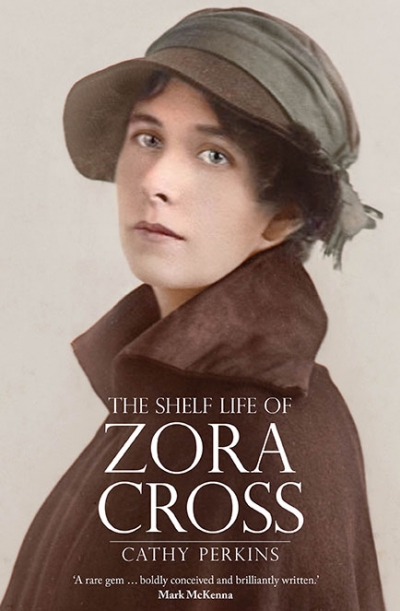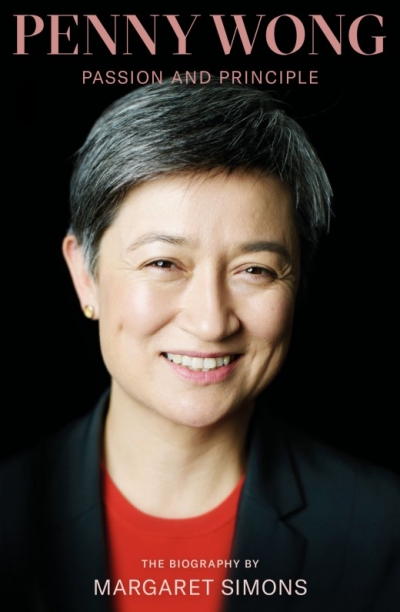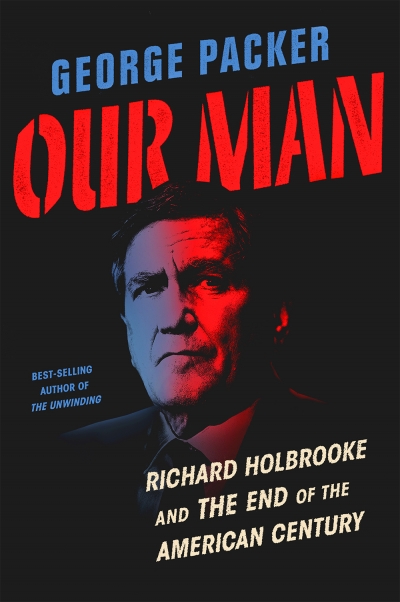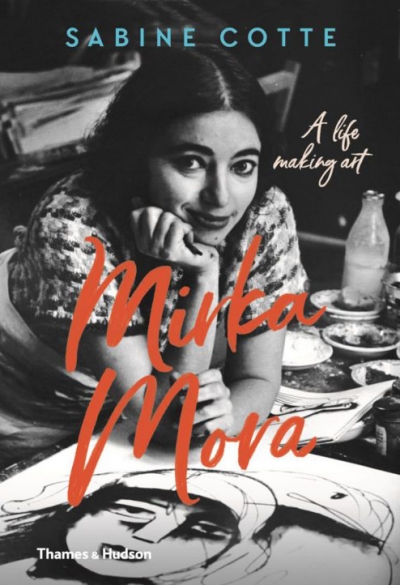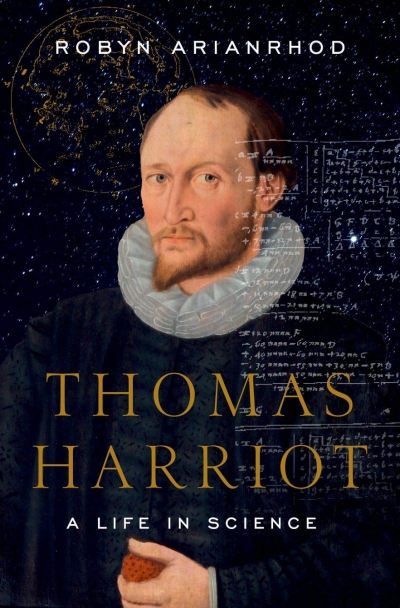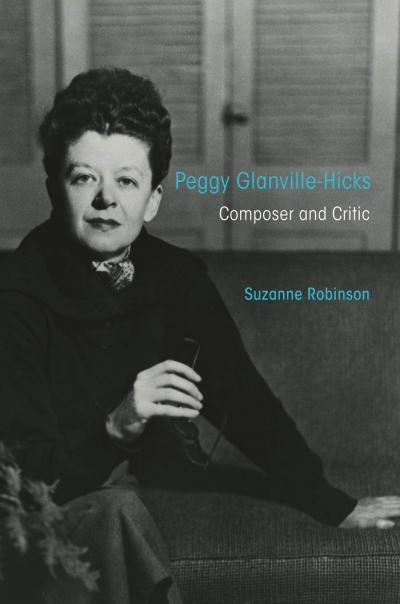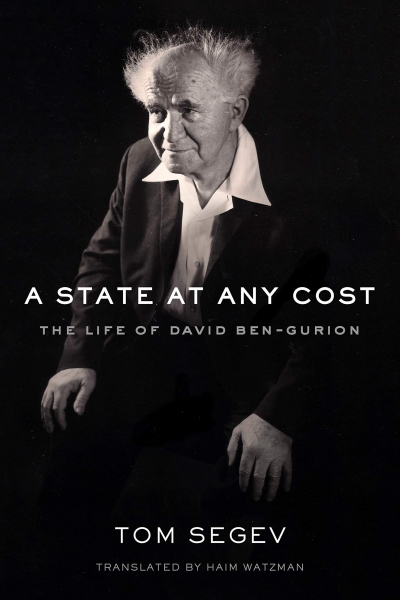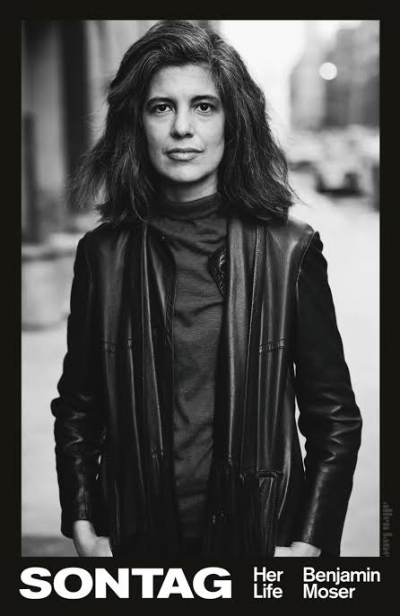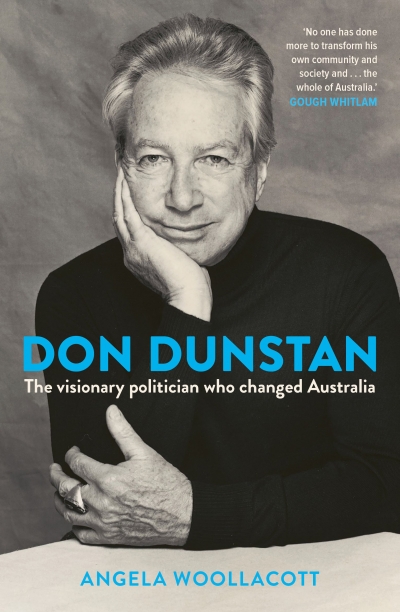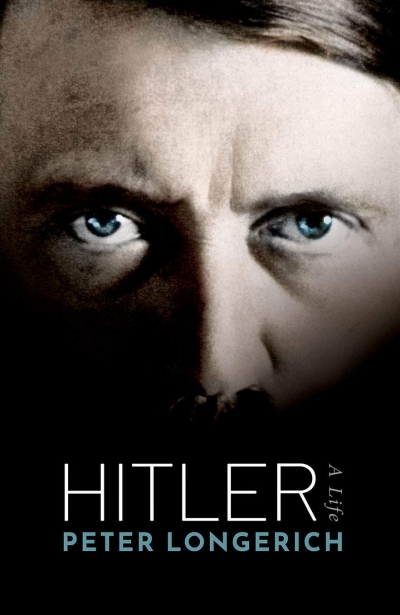Richard Holbrooke was a United States diplomat whose career began during the Vietnam War and ended during the one in Afghanistan, and whose life, according to George Packer, spanned the ‘American century’. He was an Assistant Secretary of State in the Carter and Clinton administrations, and President Obama’s Special Representative for Afghanistan and Pakistan until his sudden death in 2010. For his role in brokering the Dayton Accords in 1995, he was thought by some (not least himself) to have earned the Nobel Peace Prize. He wasn’t awarded it, nor did he achieve his aim of becoming Secretary of State; his was a life that his biographer describes as ‘almost great’.
Our Man: Richard Holbrooke and the end of the American century is told through a distinctive narrative voice, not Packer exactly, but a witness to Holbrooke’s story who editorialises freely in the first person. Alternately confiding and grandiloquent, Packer speaks in arresting sentences of a kind one doesn’t usually encounter in biographies of statesmen and diplomats. I happened to read this one on the Fourth of July: ‘We prefer our wars quick and decisive, concluding with a surrender ceremony, and we like firepower more than we want to admit.’ As the Afghanistan War lurched towards its eighteenth year and tanks took up their positions in Washington, D.C., for President Trump’s military parade, I thought, have Americans ever been shy about liking firepower?
...
(read more)

